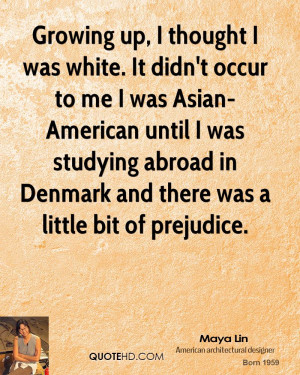
Here’s the crazy part - I internalized this whole process to mean that I wasn’t good enough for Head-Royce. Before applying, I had no idea that Head-Royce or private schools even existed, but now that I had a window into that world, it felt like the window had been boarded over, shutting me out.
GROWING UP POOR IN AMERICA FREE
The words “federally assisted lunch program” actually made me feel special since I got free lunches at school.īut once I found out that the school’s tuition cost more than my parents made in a year, I realized there was a world beyond what I had known. Growing up, I never really thought that we were poor, or at least I didn’t understand what that meant. I got a voicemail from the head of admissions at Head-Royce, asking if I still wanted to enroll despite the lack of financial aid. That was their immigrant mindset: You shut up, work hard, and definitely don’t burden others. There probably were people who could have helped us, but my parents didn’t want to bother anyone by asking for help. It took a village to push my parents to apply to Head-Royce, but there wasn’t anyone around to help us with something as mundane yet essential as filling out the financial aid forms on time. Instead, I ended up going to the local public middle school because my parents and I had failed to turn in the financial aid forms before the deadline. Thanks to their efforts, I ended up applying to the prestigious Head-Royce School in Oakland, taking the admissions test, and getting accepted.īut I didn’t attend. Harris, my brother, and most of my 16 aunts and uncles managed to convince my parents to look into this private school idea. Every day, she would ask me, “So have you started applying yet?” “Did your parents look into Head-Royce yet?”Īfter weeks of hounding my parents, Mrs. Harris was hell-bent on making sure that I would have this opportunity for a better education.

If it had been up to my parents, nothing would have happened. I had taken a shot at the big leagues, trying to get into a better school, and I had been rejected. And as long as their kids went to school, that was good enough. While they valued education for their children, they thought of education as uniform and binary - you either went to school or you didn’t. Neither graduated from high school before fleeing from Vietnam to America with my eldest brother in tow. They didn’t know what a private school was, let alone why anyone would pay for school when there was free public education.

My parents, who don’t speak much English, did not understand what was happening. She begged my parents to have me apply to private middle schools to get me out of the failing Oakland public schools. Using her own money, she gave away trinkets to those who did well on assignments.Īnd during a parent-teacher conference, she did something unthinkable and so incredible that I didn’t fully comprehend its impact until years later. Harris invited students to her house for lunch. Amid the droves of teacher strikes and substitutes, the truly dedicated teachers of Oakland’s Maxwell Park Elementary School were few and far between.īut in fifth grade, I was fortunate enough to be taught by Mrs. School was always easy for me - I never really felt challenged throughout elementary school. I grew up in East Oakland, California, as the youngest son of Teochew-Vietnamese immigrants. … You raise your hand and say, “Over here!” And the talent will come running, but that’s not true … t’s not resilient and shiny … alent is really, really fragile.

Free campus visits, free tuition, letters to the kids with high score s. To find and encourage talent, all you have to do as a society is to make sure the right doors are open. I think we have an ideology about talent that says that talent is a tangible, resilient, hardened, shiny thing.


 0 kommentar(er)
0 kommentar(er)
